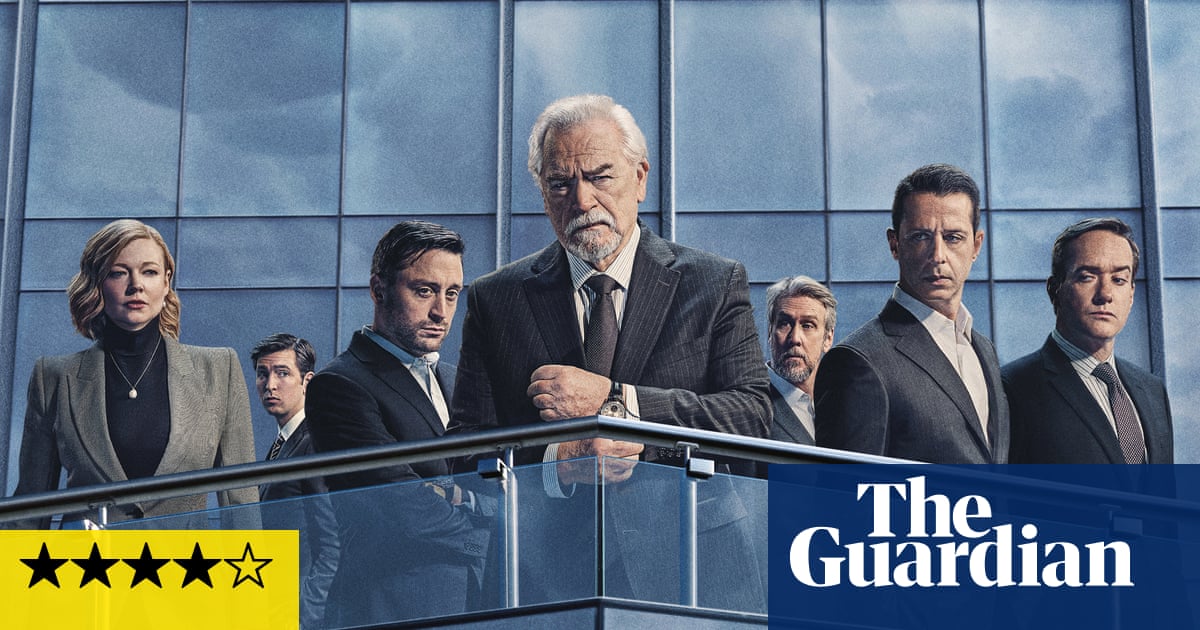
ou have to admire Elon Musk’s stage management. On Monday, the Tesla founder delivered a crowd-pleasing five-for-one stock split, transforming a $2,300 share price into a smaller figure to make ownership “more accessible”. The economic effect of the change was precisely zero – investors just got four additional shares for each one they owned – but Tesla’s shares surged 12% anyway.
On Tuesday, Musk produced a twist. Since investors are clearly keen to throw money at Tesla at almost any price, the company will issue new shares to raise $5bn for “general corporate purposes”. The explanation was gloriously vague but, in Tesla’s shoes, you can afford to be loose. With a stock valuation of $460bn, the new shares represent minimal dilution for existing investors. It would almost be silly not to take advantage.
Even die-hard fans, though, must be wondering at this point whether the stock is moving a little too fast. In the past three weeks alone, the price has surged 50%. The only real news in that period was the announcement of the stock split, which, to repeat, is cosmetic. Tesla is a great company, but, in the age of the Robinhood day traders, pure psychology seems to be in control of the valuation.
Old-style rail franchising is dead. It’s time to move on
Rail franchising was suspended in March “for a limited period, initially six months” and, to the surprise of nobody, six months has proved not long enough. GWR, the FirstGroup operator that runs trains in and out of London Paddington, has had its so-called “emergency measures agreement” (EMA) extended until next June. Agreements on other routes are expected in the next fortnight.
In essence, EMAs transfer revenue risks to government and the operator collects a fixed fee for running services. This version of nationalisation is expensive for the Treasury when the trains are underpopulated (£3.5bn and counting across the network since March) but had to be adopted in a hurry to keep the show on the rails.
It is, though, reasonable to expect the Department for Transport to do more than simply boot today’s problems into next summer. With GWR, a relatively stable franchise, an extended EMA is an understandable fudge. That won’t be the case on more crisis-hit routes.
Even before the pandemic, fixed-fee contracts looked like the future for the railways – in other words, something that looks roughly like today’s emergency set-up, but on a permanent footing and with local variations.
The challenge for the DfT is how to manage the transition in crisis conditions. It cannot hand financial get-out-of-jail cards to franchises that were racking up losses under the old set-up (FirstGroup has a couple in that position). It is right that some operators will have to forfeit capital they had deposited as a form of bond.
That’s the tricky part since settlements will have to be negotiated, and the operators aren’t entirely powerless. But the DfT needs to force the pace of reform. Old-style franchising is dead. It’s time to move on.
Normality returning, but not enough advertising for ITV investors
ITV’s relegation from the FTSE 100 will be confirmed on Wednesday but has looked inevitable since the early days of lockdown. Despite the broadcaster’s commendable efforts to diversify earnings, the stock market looks first at advertising spend, where the picture is ugly.
Back in the 2009 recession, the last time ITV spent time outside the index, the worst monthly hits to advertising were 20%-ish. This time, the minus figures were 42%, 46% and 42% in April, May and June respectively. July’s year-on-year fall of 23% represented a recovery of sorts, but only from dire to miserable.
A semblance of normality is returning to the screen. The soaps are back. Britain’s Got Talent will appear in socially distanced form. I’m A Celebrity … will do its stuff from Wales, rather than Australia.
That’s all useful but not a catalyst for a recovery in a share price that has more than halved since the pandemic. Investors want to see a vaguely “normal” figure for advertising spend. The timing remains anyone’s guess.












